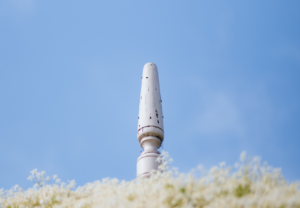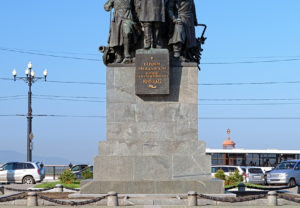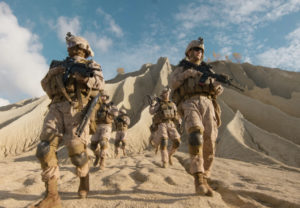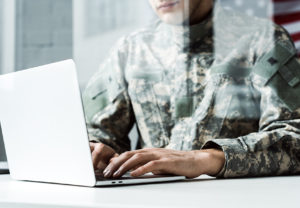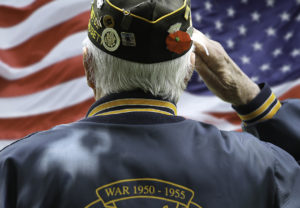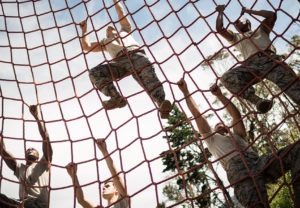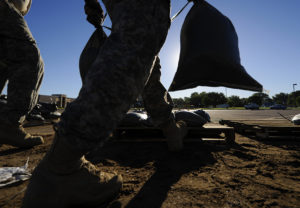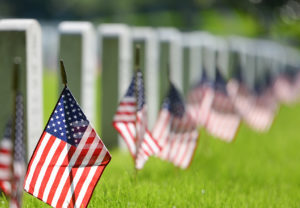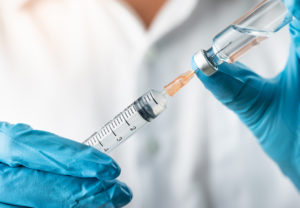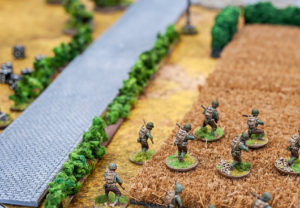If you’re old enough to drive, chances are you’ve heard each and every phrase regarding the benefits of starting your day as soon as possible.
“Early to bed and early to rise makes a man healthy, wealthy and wise.”
“Early bird gets the worm.”
“The sun has not caught me in bed fifty years.”
The last one is actually a Thomas Jefferson quote.
And while the man who resided at Monticello, wrote the Declaration of Independence and served as the third President of the United States of America is certainly an individual with a work ethic worth emulating (for the most part), heeding any one of these mantras would be a practice based largely on blind faith.
Former U.S. Navy SEAL Mike Goshgarian — now a partner at McChrystal Group — sat down with Fortune and expounded on this matter, and supplied facts to back it all up.
Speaking on that “precious slice of morning time” before you head out into the world:
Many executives and managers have found that the best use of this time is to conduct physical training (PT) of some type, oriented toward personal fitness or team sports.
This approach has long been a staple of military units, for whom morning PT is a non-negotiable part of the day. But the logic behind this practice applies broadly to anyone with busy days and tight schedules.
The first hours of the morning are the only time of day that you control. In our dynamic, complex working world, it’s very easy to lose control of your day to unanticipated meetings, calls, or crises. You may plan on lunch or the time immediately after work to accomplish tasks or focus on personal priorities, but too often this time gets squeezed by emerging work requirements.
PT benefits your daily mood and your long-term health. After a hard workout—or even a meditative walk at a moderate pace—you’ll experience elevated hormone levels, which help you put the challenges of the day into proper perspective. Even if you are young, fit, and energetic, remember: You won’t always be. Establish good habits now; they will pay off down the road.
The former elite military operator also suggests that PT — if done with other coworkers — can be a catalyst toward better cohesion, aka a more well-oiled professional machine.


